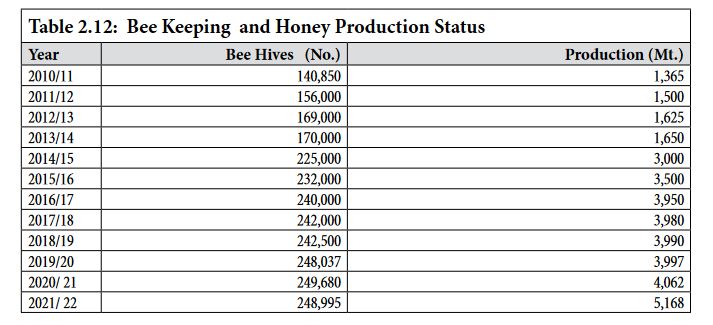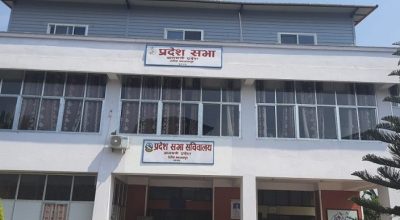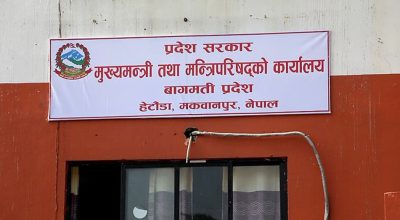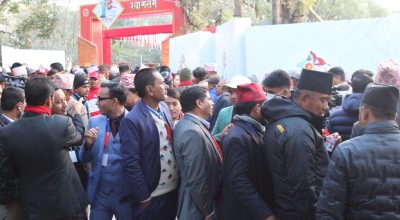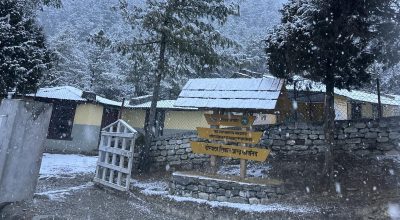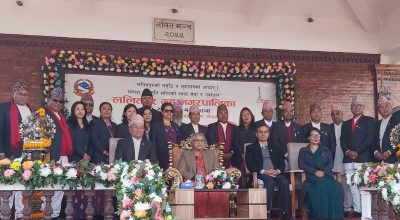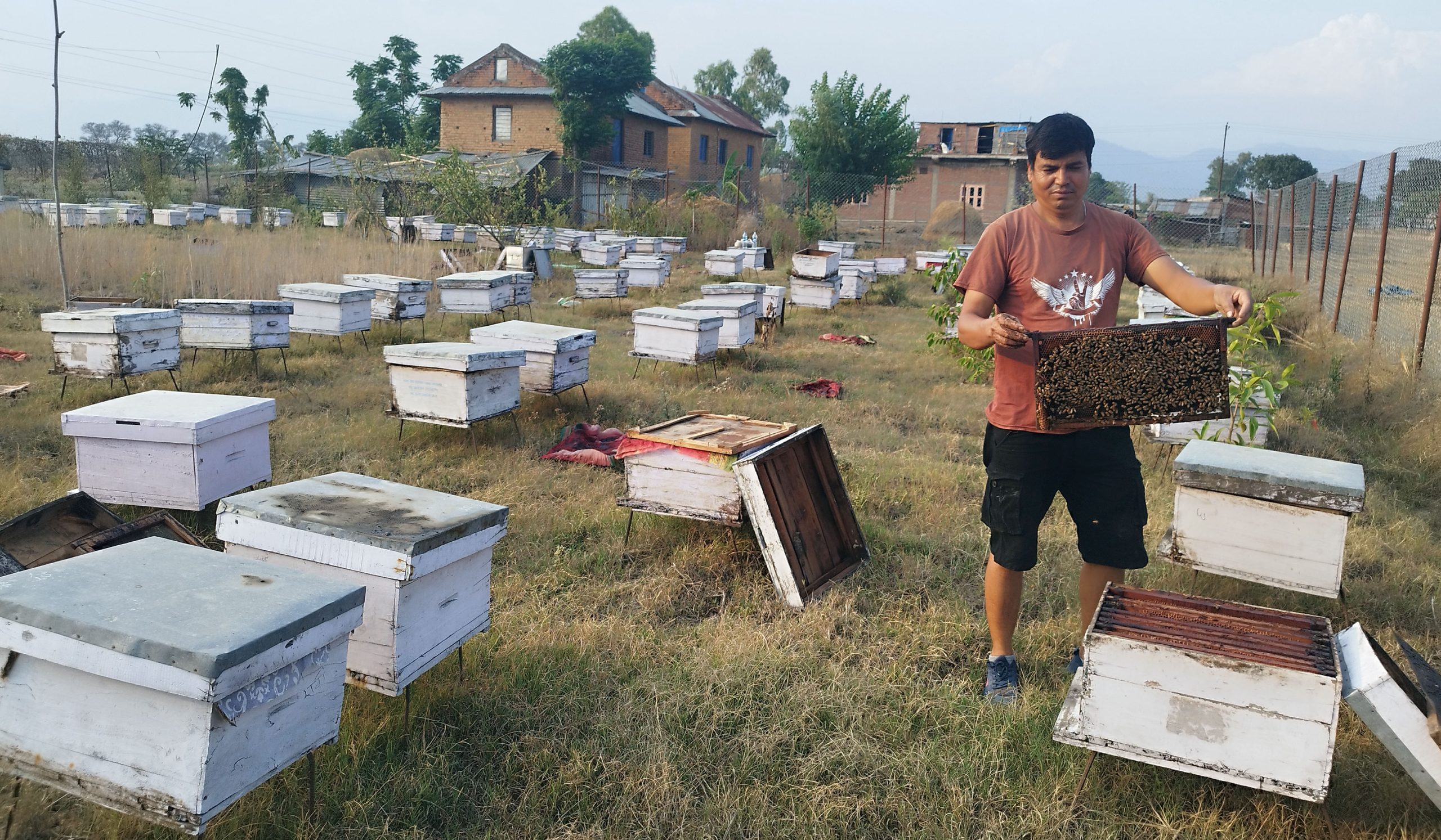
Chitwan, Aug 30: In a meeting on Thursday, farmers expressed their concerns to Agriculture and Livestock Development Minister Ramnath Adhikari, urging for solutions to issues in honey production and marketing.
Farmers, accompanied by Kalika Municipality Mayor Binod Regmi, warned that if the current situation persists, they will be forced to leave beekeeping. Chitwan district is one of the renowned place for beekeeping since long.
Shiva Paudel, the outgoing president of the Nepal Beekeepers Federation (NBF), stated that farmers’ honey is not being sold in reasonable price. He emphasized, “The honey produced by our farmers is not being sold, while honey from India continues to flood the market. How can our farmers survive in such conditions?”
Binod Regmi, Mayor of Kalika Municipality, suggested to the Minister of Agriculture that priority should be given to Nepali-produced honey. He highlighted the challenges faced by national beekeepers and the marketing of honey from Kalika, Chitwan. With an excess of honey being produced in Kalika, Mayor Regmi urged the minister to explore export opportunities.
Mayor Regmi pointed out that farmers are unable to increase production due to lack of market access for their hard-earned honey. He stressed the importance of securing a market to encourage further production, stating, “Without a market, our farmers will become disheartened.”
Regmi called for a halt to the import of honey from India to boost the market for Nepali-produced honey. He noted that honey production in districts like Chitwan is thriving, with marketing now a greater concern than production. He urged the Minister to develop a special marketing plan for honey.
According to the Ministry of Agriculture, honey production has consistently increased over the last few years in Nepal. In 2019-20, the national honey production was recorded at 3,997 tonnes, which then grew to 4,062 tonnes in 2020-21. It further grew to 5,168 tonnes in 2021-22.
